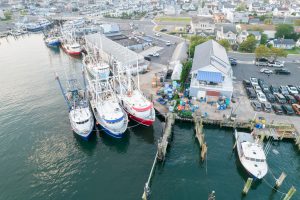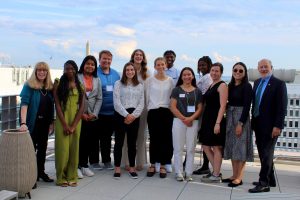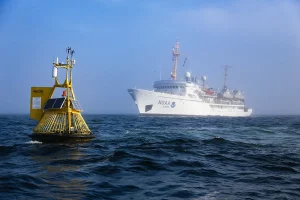Andy Pershing, Gulf of Maine Research Institute & Fred Lipschultz, US Global Change Research Program
Join us for a webinar on Monday, March 20th to provide feedback on the 4th National Climate Assessment!
Time: 3:00pm EST (12:00pm PST)
Presented by: Andy Pershing, Gulf of Maine Research Institute, Chapter Lead Autho
Fred Lipschultz, US Global Change Research Program, USGCRP Chapter Contact
Register: https://attendee.gotowebinar.com/register/7271981171002454017
![]()
![]()
If you cannot attend the webinar but would still like to submit suggestions for the NCA4: Oceans Chapter, please submit comments here:





